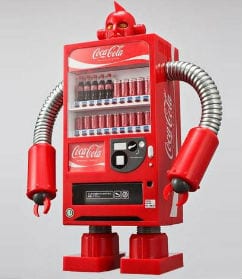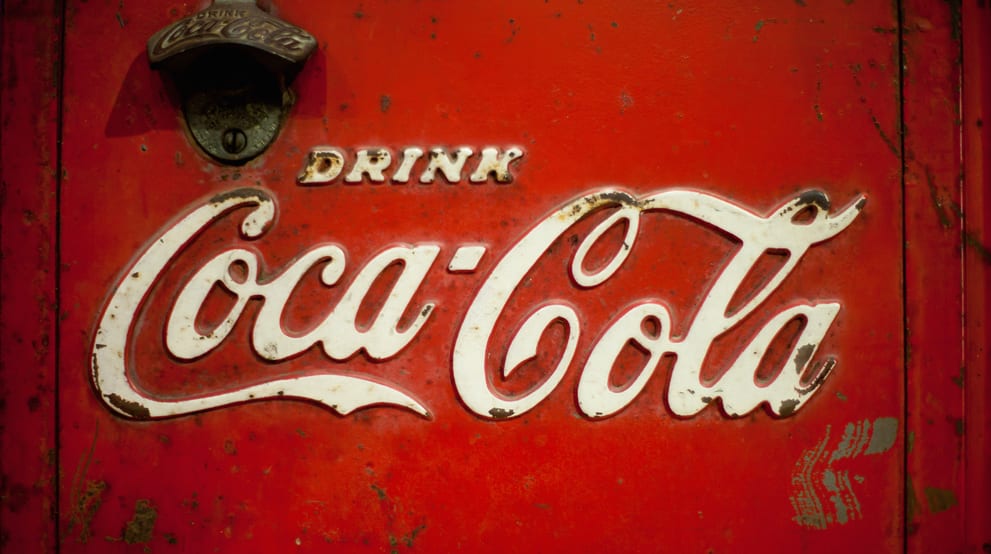The “social enterprise” may still be a nascent concept for many companies, but not for those attending Dreamforce, the annual Salesforce.com conference held for 80,000 people in San Francisco last week. This year’s theme: how the social revolution is changing business management, communication, collaboration — and field service. We spoke to Denis Pombriant, a CRM expert and CEO of Beagle Research Group, who attended Dreamforce and shared his insights about how “social” is already changing the service game in the field.
What insight should field service companies take away from Dreamforce about using social technology?
 Denis Pombriant: One of the key things is what was discussed with General Electric and Coca-Cola, which both dealt with the “man/machine interface.” General Electric and Coke showed how you could make a machine into a social node.
Denis Pombriant: One of the key things is what was discussed with General Electric and Coca-Cola, which both dealt with the “man/machine interface.” General Electric and Coke showed how you could make a machine into a social node.
In the case of G.E., jet engines generate a great deal of data and, with social media, are capable of sending all of that data to G.E. for analysis — and hopefully to help spot things like incipient failure and to manage maintenance intervals. There is a lot that’s implied by the man/machine interface, and I think it will have a great deal of impact on field service organizations. Field service will become more reactive to what the machines are telling them than to phone calls, for the simple reason that the machines will anticipate problems or failures and trigger dispatch sooner than an actual failure and a phone call could.
How is Coca-Cola using that technology to provide better service?
Coke is one of the more interesting plays here. They highlighted a new dispensing machine, which dispenses not bottles or cans, but fountain drinks. The machine is stocked with syrup, CO2, and water. Customers can get a Diet Coke, for example, or they can design their own blend. When they design their own blend, the machine will kick out a QR code, which they can use to get the same recipe on any other similar machine, anywhere in the world, which is pretty phenomenal.
Like the G.E. jet engines, those machines are tied into the Internet. The machines become social nodes and report back to their distribution centers when they are low on syrup, or the cash box is full, or any of a hundred other things. So Coke’s never disappointing a customer and never missing a sale because it doesn’t have the right things on site.
So this ‘pre-emptive’ service should really improve customer satisfaction, right?
 What’s happening is that service is no longer exclusively dedicated to making sure the machine works correctly, or that all the green lights are functioning. Service is increasingly becoming an opportunity to educate the customer. Some service calls are exclusively about improving the customer experience over time. It’s not just customer satisfaction. Customer satisfaction is something that exists as the result of a good experience.
What’s happening is that service is no longer exclusively dedicated to making sure the machine works correctly, or that all the green lights are functioning. Service is increasingly becoming an opportunity to educate the customer. Some service calls are exclusively about improving the customer experience over time. It’s not just customer satisfaction. Customer satisfaction is something that exists as the result of a good experience.
What, if anything, are the limits of social technology for the enterprise?
Social isn’t the only game in town. It’s really the nexus of social, mobile, analytics, and cloud that is producing the new IT paradigm. Social by itself is nice to have, but it’s really nothing without some ability to get out to the marketplace using cloud technologies and some of the new handheld devices, such as the iPhone and the iPad, which really are becoming the world computing standard.


Share this: